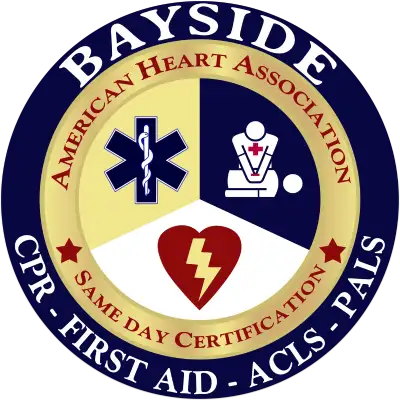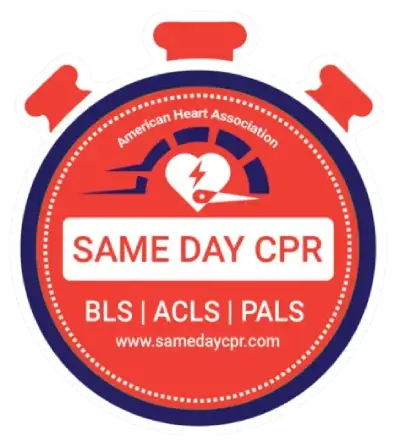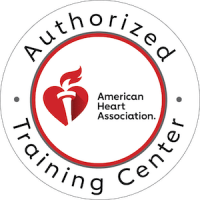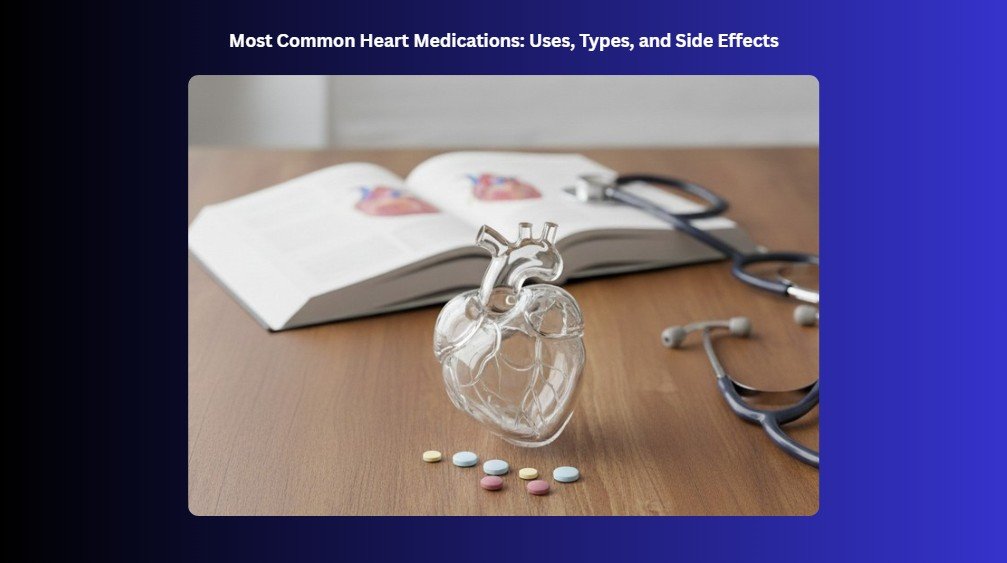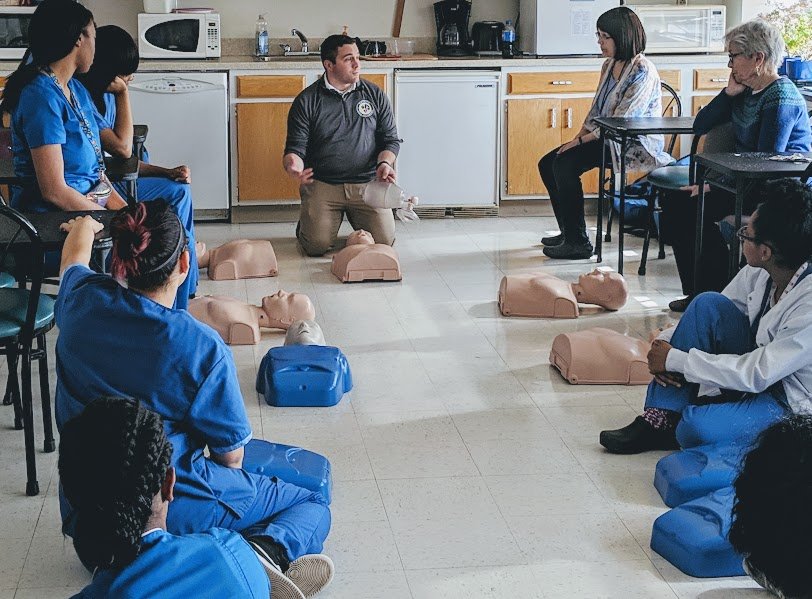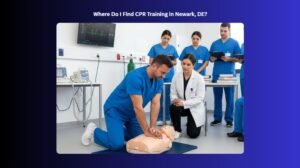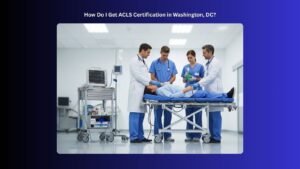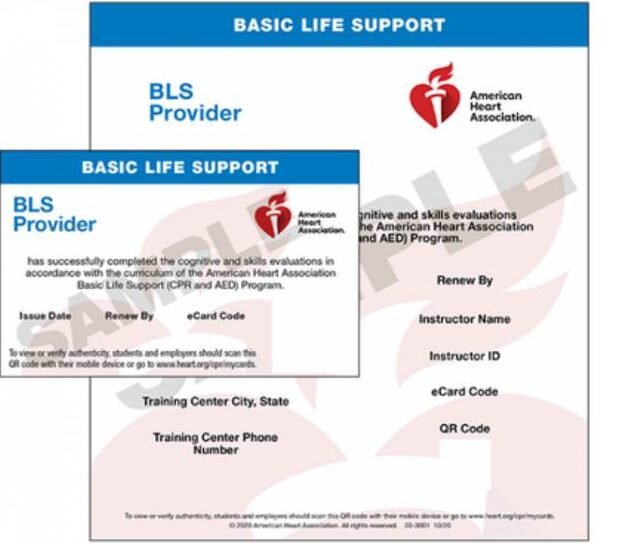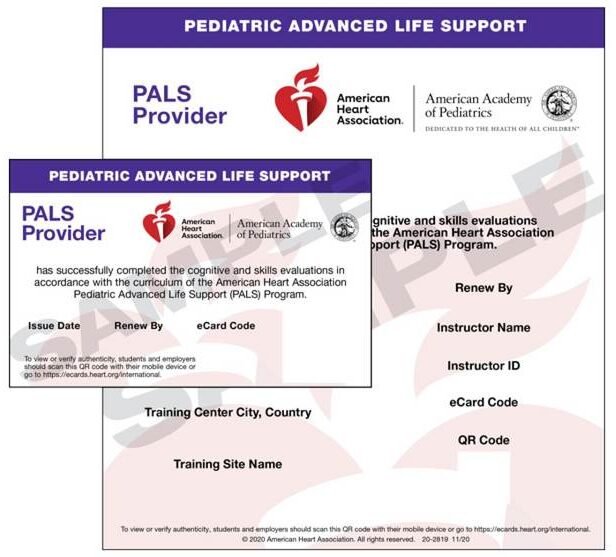Heart medications play a big role in helping people manage different heart conditions and live healthier lives. These medicines work in various ways, such as lowering blood pressure, improving blood flow, or keeping your heartbeat steady. Doctors often prescribe them to prevent complications like heart attacks or strokes. Knowing what each medication does and how it can affect your body helps you take charge of your heart health. In this guide, you’ll explore the most common types of heart medications, their uses, and some side effects to watch for, so you can better understand how they support your heart every day.
Common Types of Heart Medications
Taking the right heart medicines can keep your heart strong and help it work better. Different drugs target different needs, like blood pressure, cholesterol, or preventing clots. Understanding the main types makes it easier to manage your heart health every day.
Note: This section outlines some of the most commonly prescribed heart medications. Generic names are provided for your reference, but Bayside CPR does not endorse or recommend any specific products. If your medication isn’t listed here, your healthcare team and pharmacist are the most reliable sources for information. It’s essential to talk with them about the medications you take, including their intended effects and potential side effects. Never discontinue or adjust the dosage of any medication without first consulting the healthcare professional who prescribed it.
1. Medications for High Blood Pressure and Heart Failure
Managing high blood pressure and heart failure often includes taking certain medicines that help your heart work better. Here’s a quick look at the main types doctors commonly prescribe and how they help.
1a. ACE Inhibitors:
ACE (Angiotensin-Converting Enzyme) inhibitors reduce blood pressure by preventing the formation of angiotensin II, a hormone that narrows blood vessels. This allows the vessels to relax, enhances blood circulation, and eases the strain on the heart.
- Common Examples: Lisinopril, ramipril, and enalapril.
1b. Angiotensin II Receptor Blockers (ARBs)
If a patient cannot handle the side effects of ACE inhibitors, doctors often prescribe ARBs instead. These medications block angiotensin II from attaching to its receptors, which stops the blood vessels from narrowing.
- Common Examples: Valsartan and losartan.
1c. Angiotensin Receptor-Neprilysin Inhibitors (ARNIs)
This newer heart failure treatment combines an ARB with an additional medication that helps the heart work more efficiently and decreases its workload.
- Common Examples: Sacubitril/valsartan (Entresto).
1d. Beta Blockers
These drugs lower the heart rate and decrease the strength of heart contractions. They are used to manage high blood pressure, irregular heartbeats, and chest pain (angina), and to help prevent a second heart attack.
- Common Examples: Metoprolol, carvedilol, and bisoprolol.
1e. Calcium Channel Blocker
These medications help relax and widen blood vessels to treat high blood pressure, chest pain, and some types of irregular heart rhythms. They do this by blocking calcium from entering the muscle cells of the heart and arteries.
- Common Examples: Amlodipine, diltiazem, and verapamil
1f. Diuretics (“water pills”)
Diuretics help the body remove extra water and sodium through increased urination. This lessens the strain on the heart and is especially helpful in reducing swelling and fluid retention linked to heart failure.
- Common Examples: Furosemide and hydrochlorothiazide
2. Medications for High Cholesterol
Keeping cholesterol in check helps protect your heart and blood vessels. Medicines can lower harmful cholesterol and support overall heart health.
2a. Statins
Statins are the most widely used drugs for managing high cholesterol. They lower cholesterol levels by decreasing the liver’s production of it and enhancing the removal of LDL (“bad”) cholesterol from the blood.
- Common Examples: Atorvastatin (Lipitor), simvastatin (Zocor), and rosuvastatin (Crestor).
- Other Cholesterol-Lowering Drugs: Other medications, such as cholesterol absorption inhibitors like ezetimibe, may be used when statins are not enough.
3. Medications for Preventing Blood Clots
Preventing blood clots is important to keep your heart and circulation healthy. Certain medicines can help stop clots from forming and lower the risk of serious problems.
3a. Antiplatelets
These drugs, such as low-dose aspirin, reduce the ability of blood platelets to clump together and form clots. They are often prescribed to people who have experienced a heart attack or stroke to help prevent it from happening again.
- Common Examples: Aspirin and clopidogrel (Plavix).
3b. Anticoagulants
Also known as blood thinners, anticoagulants work by decreasing the blood’s ability to clot, helping to prevent harmful clots from forming or enlarging. They are commonly used to treat conditions such as atrial fibrillation or in patients with artificial heart valves.
- Common Examples: Warfarin, apixaban (Eliquis), and rivaroxaban (Xarelto)
4. Additional Heart Medications for Specific Conditions
Some heart conditions need medicines beyond blood pressure and cholesterol treatments. These drugs can improve heart function, ease symptoms, and support overall heart health.
4a. Digoxin
This drug can enhance the heart’s pumping ability and is sometimes prescribed to manage irregular heart rhythms and heart failure symptoms when other treatments aren’t effective enough.
Also, Read: ECG Rhythms Recognition and Interpretation for ACLS
4b. Nitrates
Vasodilators, such as nitroglycerin, help relax and open blood vessels, making them useful for relieving chest pain (angina).
4c. SGLT (Sodium-Glucose Cotransporter) 2 Inhibitors
Initially developed to treat diabetes, this newer group of medications is now also used for heart failure. It help the heart work more efficiently and relieve symptoms.
Factors Affecting Heart Medication Choice
Choosing the right heart medicine depends on several personal factors. Doctors consider your age, other health conditions, organ function, how serious your heart problem is, and possible interactions with other drugs.
1. Age, Comorbidities, Kidney, and Liver Function
The choice of heart medication often depends on the patient’s age and the presence of other health conditions, such as diabetes, hypertension, or kidney disease. Kidney and liver function are especially important because many heart medications are metabolized or excreted through these organs. Impaired function can increase the risk of drug toxicity, requiring dose adjustments or alternative therapies.
2. Severity of Heart Condition
The severity of a patient’s heart condition, whether it’s mild, moderate, or severe, guides medication selection. For example, patients with advanced heart failure may require combination therapy, while those with early-stage disease might benefit from a single medication. The goal is to effectively manage symptoms, improve heart function, and prevent complications.
3. Drug Interactions
Heart medications can interact with other prescription drugs, over-the-counter medications, and even certain foods or supplements. These interactions can reduce effectiveness or increase the risk of adverse effects. Careful review of a patient’s current medications helps healthcare providers choose the safest and most effective therapy.
Common Side Effects and When to Seek Help
Heart medications can sometimes cause side effects, and knowing what is normal helps you stay safe. Paying attention to your body and acting quickly can prevent small problems from becoming serious.
1. Mild Vs. Serious Side Effects
Some side effects are mild and usually go away on their own. You might feel a little tired, dizzy, or notice a mild stomach upset. Serious side effects are different. They can include chest pain, severe shortness of breath, or swelling in your legs. Knowing the difference helps you act quickly when something feels wrong.
2. Signs of Allergic Reactions or Dangerous Complications
Allergic reactions can be sudden and scary. Look out for rashes, itching, swelling of your face or throat, or trouble breathing. Dangerous complications might show as irregular heartbeat, fainting, or intense pain. Spotting these early and getting help fast can prevent serious harm.
3. Importance of Reporting Side Effects to a Healthcare Provider
Telling your doctor or pharmacist about side effects is very important. Even small changes in how you feel can give them clues about how your medication is working. Sharing this information keeps you safe, helps adjust doses, and makes your treatment more effective.
Tips for Safe Medication Use
Taking heart medication safely helps your treatment work better and keeps your heart strong. A few simple habits can make a big difference in staying healthy every day.
- Adherence and Timing: Take your heart medication exactly as your doctor tells you. Skipping doses or taking them at the wrong time can make your treatment less effective.
- Avoiding Drug and Food Interactions: Check with your doctor or pharmacist before combining medicines or certain foods. Some combinations can reduce how well your medication works or cause unwanted effects.
- Regular Monitoring: Keep up with your blood pressure, blood tests, and cholesterol checks. Regular monitoring helps your doctor adjust your treatment and keep your heart healthy.
Protect Your Heart with the Right Medicine
In summary, taking care of your heart with the right medications can make a real difference in how you feel every day. Understanding what each medicine does, why it’s prescribed, and the possible side effects gives you more control over your health. Working closely with your doctor, following instructions carefully, and paying attention to your body can help prevent problems and keep your heart working as it should. With the right approach, heart medications aren’t just treatments; they are tools that help you live a fuller, healthier life.
Emergencies demand readiness. Bayside CPR offers convenient, efficient training options tailored to professionals with demanding schedules. Complete the online portion and a brief 30-minute hands-on session at over 60 locations to receive same-day AHA Standard certification in ACLS, BLS, PALS, CPR, or First Aid.
